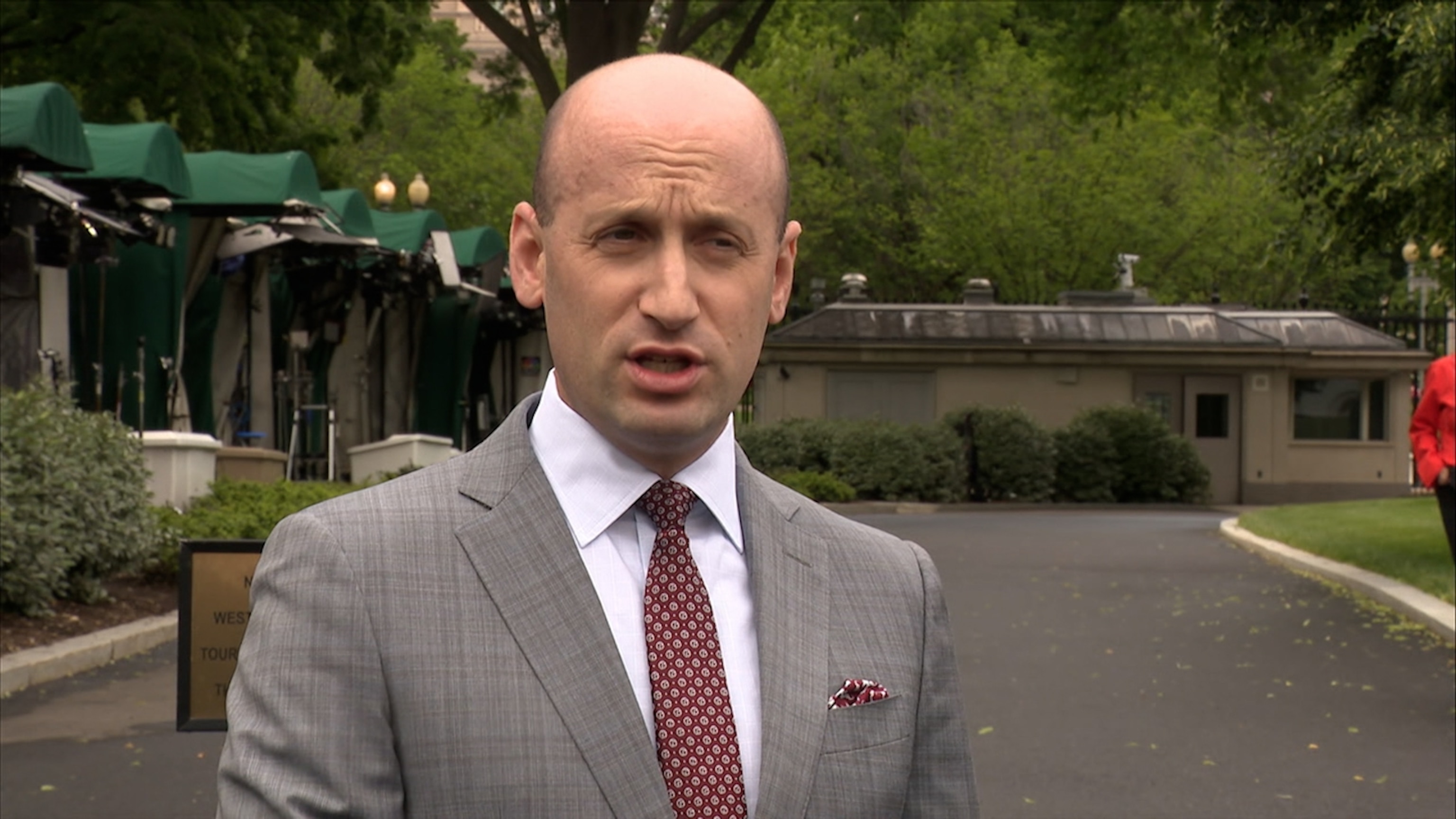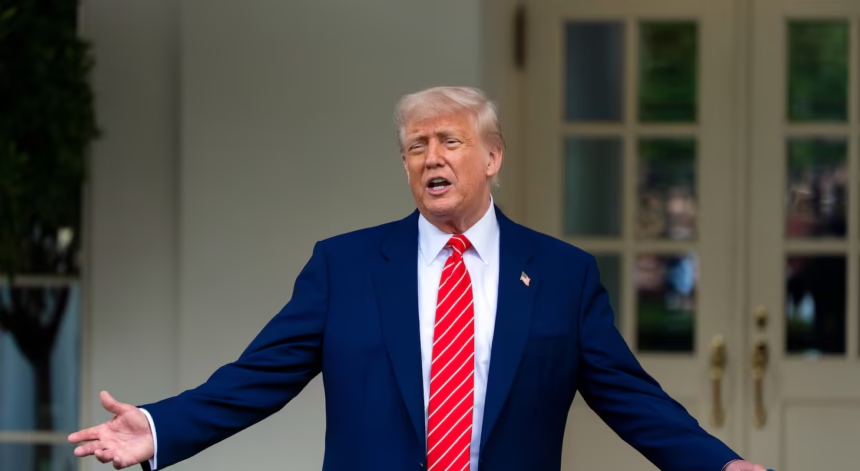Trump Administration’s Controversial Consideration to Suspend Habeas Corpus Sparks Legal Alarm

The Trump administration is reportedly considering suspending the constitutional right of habeas corpus, igniting a fierce debate over civil liberties, legal limits, and executive power in the United States.
Stephen Miller, deputy chief of staff in the Trump White House, stated on Friday that the Constitution permits the suspension of habeas corpus in cases of “rebellion or invasion.” He added that the administration is “actively looking at” the possibility to counteract legal challenges to immigration enforcement.
What is Habeas Corpus?

Habeas corpus—Latin for “you should have the body”—is a fundamental legal safeguard in democratic societies. It allows individuals to challenge their detention in court. Without it, governments can imprison people without providing a legal basis or court hearing.
The United States has suspended habeas corpus only four times in its history: during the Civil War (Abraham Lincoln), after the 1941 attack on Pearl Harbor (in Hawaii), in 1905 in the Philippines, and during post-Civil War efforts to suppress the Ku Klux Klan.
Why Now? Target: Immigration
This latest move stems from the Trump administration’s continued efforts to combat illegal immigration and expedite deportations. Recently, courts have ordered the release of two university students—one Turkish and one from Columbia University—detained after voicing support for Palestine or criticizing Israel. In both cases, judges ruled in favor of habeas corpus petitions.
But Miller maintains that habeas corpus is merely a “privilege” and that Congress has already passed legislation limiting court intervention in immigration cases.
Constitutional and Legal Concerns
Legal experts are alarmed. Suspending habeas corpus outside of rebellion or invasion could face immense constitutional hurdles. Many analysts also dispute Miller’s claim that Congress can completely strip judicial authority over immigration issues without checks and balances.
According to Cornell Law School, the suspension of habeas corpus must be strictly limited and justified, making such a move controversial and potentially subject to Supreme Court review.
Trump’s Personal Role and Political Strategy

Though Trump has not publicly stated he would suspend habeas corpus, CNN reports that he is personally involved in discussions regarding how to legally bypass injunctions against mass deportations.
“There are ways to mitigate it and there’s some very strong ways,” Trump said in April, referencing possible legal maneuvers. “There’s one way that’s been used by three very highly respected presidents, but we hope we don’t have to go that route.”
Conclusion: Precedent and Pushback
Whether the Trump administration will officially move to suspend habeas corpus remains to be seen. However, such a step would mark a profound shift in American civil liberties—one that has not occurred in decades. With court battles mounting and civil rights groups preparing legal responses, the coming weeks will likely prove pivotal in shaping how far executive power can extend in modern America.
For more, read our related coverage: Trump’s First 100 Days in Office | Understanding Habeas Corpus in U.S. Law









